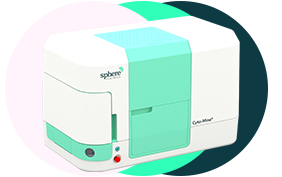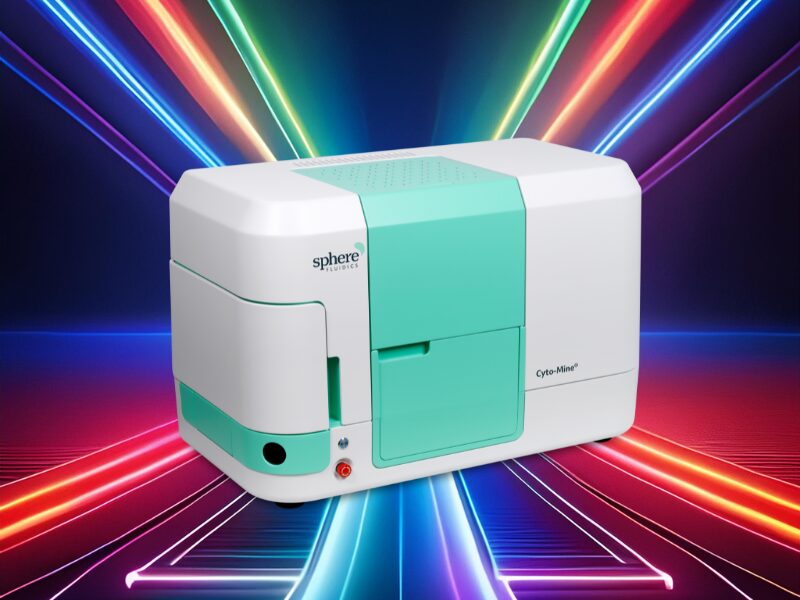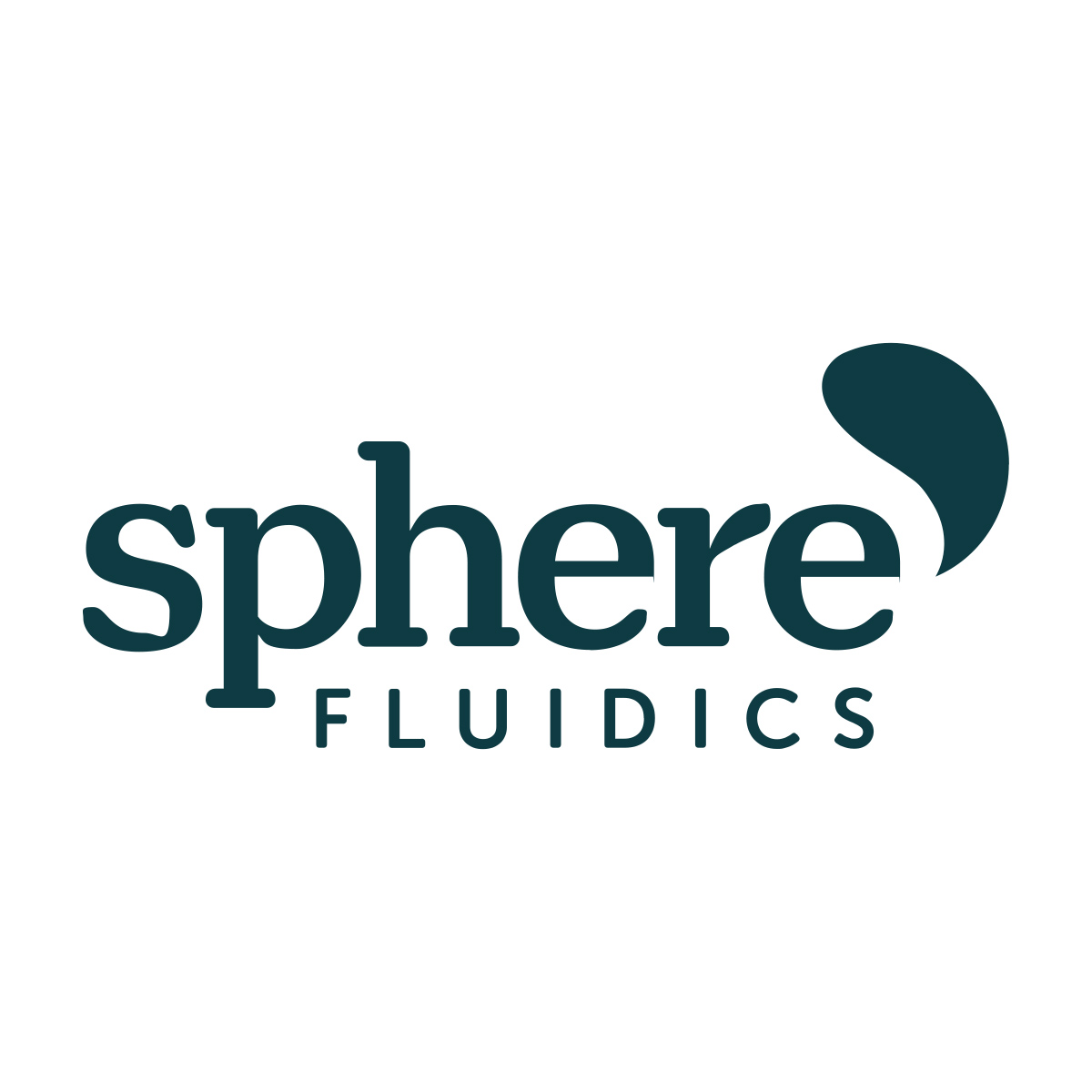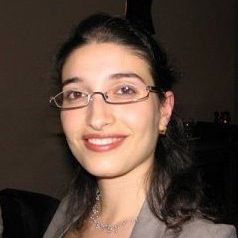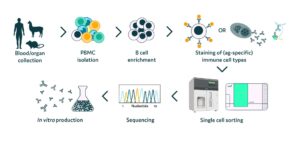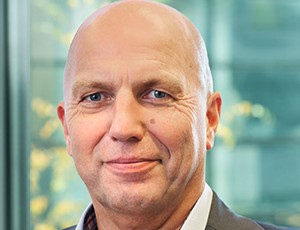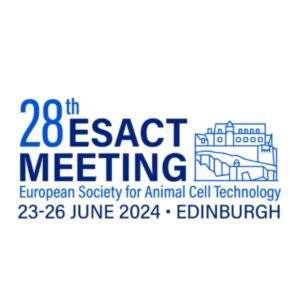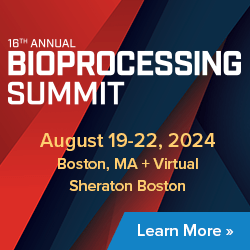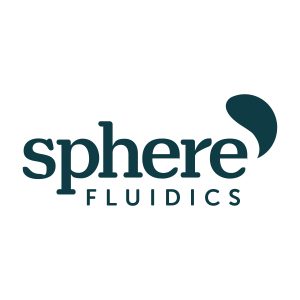Interview with Elena Shvets, Group Leader of Application Development
Just in time for the International Day of Women and Girls in Science, we sat down with Elena, Group Leader for our Application Development team to learn more about her role and trace her professional journey from academia to industry as a woman in STEM.
Originally from Ukraine, Elena moved to Israel during her teenage years where she completed her PhD and later a short postdoc position in Cell Biology at the Weizmann Institute of Science. Along with her husband and one-year-old daughter, she embarked into a new chapter in Cambridge, where she dedicated six years to research at the renowned MRC Laboratory of Molecular Biology before joining our team at Sphere Fluidics.
Elena’s transition from academia to industry saw her take on roles as a Senior and then Principal Scientist before progressing to her current leadership position within the Application Development Team at Sphere.
What does your role involve at Sphere Fluidics and when did you join the Company?
I’ve been at Sphere Fluidics for seven years. I started as a Senior Scientist and slowly grew to Principal Scientist, and I’m now Group Leader of the Application Development team. As Group Leader, I lead a team of three to develop new and existing applications for our picodroplet technology-based platforms. A big part of my role revolves around characterizing our platform, seeking ways to improve the existing applications, incorporating the feedback from our customers, and importantly, developing new innovative applications and tools. This can involve collaborating closely with various engineers and chemists, which I really enjoy.
Initially, when the company was in its early stages, I was more involved with various responsibilities including quality control, field demonstrations and customer training and support. As we grew, my role evolved, allowing me to focus on more specific R&D projects.
What main areas is Sphere Fluidics currently focused on? What exciting new developments can we expect to see next from Sphere Fluidics?
Our main areas currently lie in the cell line development and antibody discovery fields, as that is where the unique characteristics of picodroplet technology, i.e. miniaturization and compartmentalization give the power in fast detection and specific isolation of single secreting cells. We have already demonstrated our system’s robustness by successfully isolating rare cells. Even in challenging scenarios where we introduced millions of unrelated cells amongst 50 or 100 cells of interest, the system was still able to isolate them from this pool, which I think is amazing.
Moving forward, we are focused on highlighting our unique selling points; a standout feature of our picodroplet technology lies in its compartmentalization capabilities, creating microenvironments, like tiny test tubes, that trap one, two or even three cell types/particles, and can be used for many different single cell applications. With millions of droplets, it’s as if we have millions of tiny tubes, each delivering distinct information. And we really want to tap into many single cell applications. Thus, genome editing remains a central focus of our cell engineering pipeline, but we also had a project in cell therapy. We’re also looking into utilizing the technology for screening libraries, viability assays and multiplex assays to test multiple characteristics of cells.
How does Sphere Fluidics’ applications development team work collaboratively with customers to support their research needs?
Since the application team is relatively new, we continue to support the activities of the Field Application Scientists by demonstrating the ability of our technology and troubleshooting. Additionally, for new and sometimes existing customers, we conduct proof-of-concept projects where we demonstrate how the technology will work for them. The duration of these projects can vary – sometimes it only takes a few weeks, sometimes it takes longer and may extend to months. We offer structured projects with well-defined milestones, all while staying flexible and responsive to the evolving needs of customers.
How has the recent facilities expansion influenced the way you work and collaborate with your team and the rest of the Company?
Though we were a smaller team, our previous facility was quite cramped. The new facility not only accommodates our growing team, but has really been designed to facilitate, from all points of view, a safer and more convenient working environment. We used to be spread across three different buildings and that was actually quite challenging, especially for R&D as we were split between two or even all three buildings sometimes. We even had the instrument in another building, so we had to walk back and forth with our cells. So it’s absolutely a pleasure to work in the new facility and to have more, and closer interactions with everybody!
What do you enjoy most about working at Sphere Fluidics, and how do you think it differs from other employers?
Coming from an academic background where I have largely only worked with other biologists in research institutes, my favorite part about working here has to be the exposure and collaboration with individuals from other disciplines.
I enjoy being able to work with mechanical and software engineers, and chemists. Each one of us can view the same problem differently but we have to resolve it together and develop something that is good from all points of view. This challenge is an opportunity to find a shared language for effective collaboration; having multidisciplinary angles to consider is truly unique. I find this spirit of collaboration and teamwork at Sphere Fluidics really appealing.
Having built a successful career as a leader within the industry, do you have any tips or advice for other women pursuing a career in this field? Do you have any words of wisdom for the next generation of science professionals?
I’m not sure about any words of wisdom, I can only share my experience and one thing I’ve learned is that success doesn’t come without hard work. Balancing family and a career, a challenge likely shared by many people in the field, requires ongoing dedication. When you have three children (and a dog!), on top of your career, you definitely need to plan ahead. And even then there will be unexpected turns! But it can be done with hard work and dedication (and of course a lot of support from family). In addition, understanding and a family-friendly working environment is also crucial. I have always felt supported and understood about my limitations and flexibility needs here, at Sphere so you don’t need to choose between family and career.
If you enjoy what you’re doing, like for me, my job is exciting and interesting, that will drive you. If this resonates with any women or girls who would like to have or begin a career in STEM, then my advice is simply to believe in yourself and just go for it. But unfortunately, you – won’t get it without hard work and dedication.
How do you think, as an industry, we can encourage more girls to pursue careers in science? How is Sphere Fluidics working to support this?
At the start, many more women choose to study biology. However, as one progresses in the field, the representation of women in very senior positions tends to decrease. A challenge again, in part, probably revolves around the struggle to balance family responsibilities as some women may feel compelled to choose between their career and personal life. Fear of gender-based discrimination could also be another factor influencing this trend.
Over the years, I’ve heard numerous stories from various sectors, but I’ve found working in this industry has provided a really supportive and healthy environment. However, there is still progress to be made to ensure that women are granted the same opportunities as men.
Fortunately at Sphere Fluidics, diversity and equality is really important and valued, and I can feel all the time that you’re being listened to.
About Sphere Fluidics
Sphere Fluidics’ platforms are built on over a decade of scientific and engineering research and development. Originally spun out from the University of Cambridge, we specialize in multiple technical areas to deliver miniaturization.
For further information contact:
